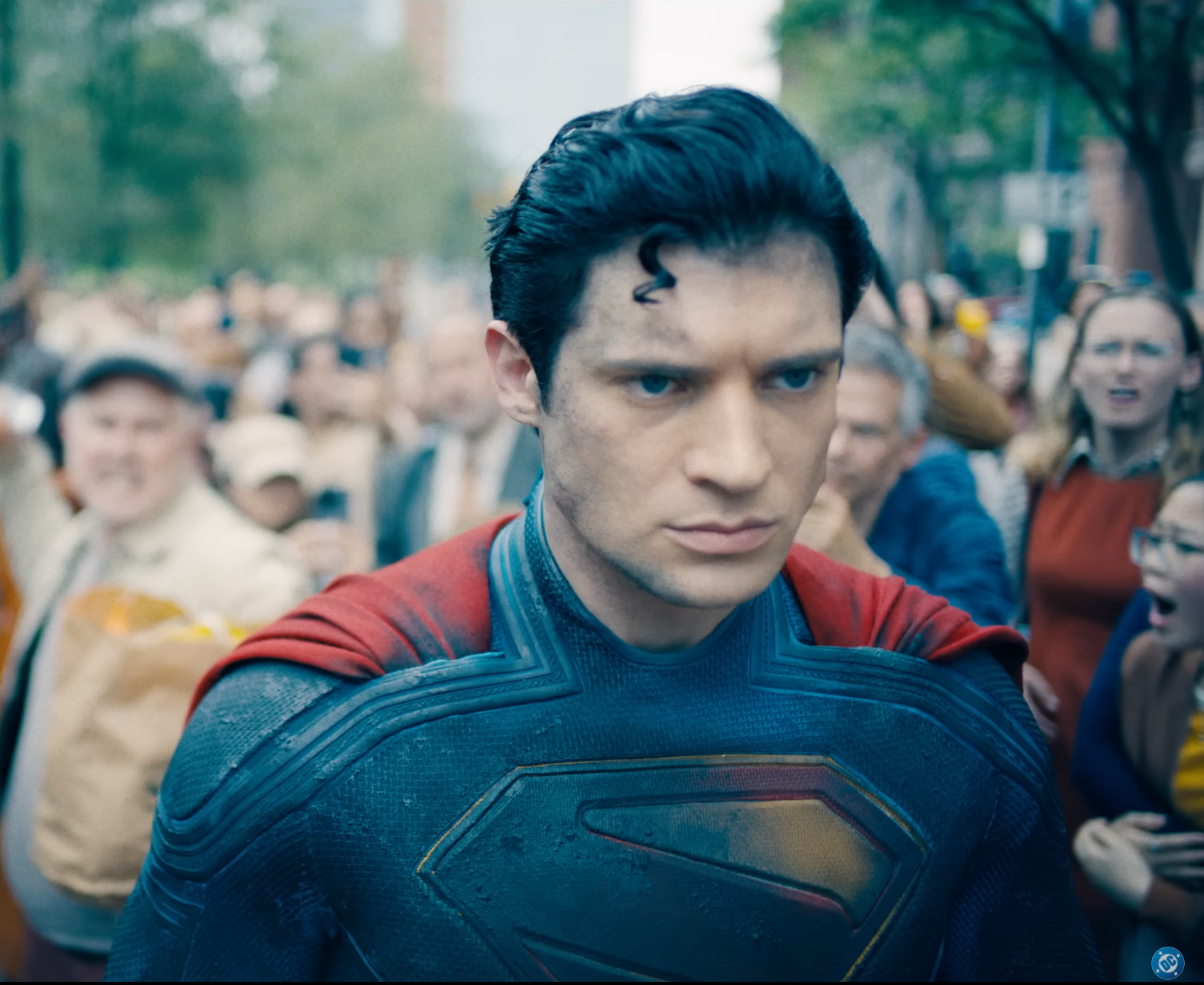Adapting a property always has its difficulties. When adapting a book or comic, you’re literally going from one medium to another, and since each medium has its own strength, you really have to work to make sure your movie is capitalizing on the strengths of film.
The difficulty is amplified when you’re adapting material from a foreign country. All of a sudden you have to worry about cultural barriers, the race of your characters, and the overall setting. Speaking with IGN, Death Note director Adam Wingard discussed his philosophy when adapting the manga to film.
“In the early stages of the film I was rereading all of the manga, really just looking at how does any of this translate to the United States. Ultimately, Death Note is such a Japanese thing. You can’t just say let’s port this over and it’s going to all add up. They’re two different worlds completely.
“Ultimately, whenever I say it’s about America, I’m looking at it like, what are the main kind of core issues going on in America. What are the things that people chalk up to conspiracy theories? What kind of weird underground programs does the government have? How do I those work into the world of Death Note?â€
This philosophy will definitely rub some Death Note fans the wrong way. Fans are always more inclined to want to see a near-transliteration of the material, but Wingard has a real point there. While it may end up being truer to the source material if he just transliterated it, it wouldn’t add anything to the medium, and would likely not do much for most American audiences.
![]()
“It’s one of those things where the harder I tried to stay 100 percent true to the source material, the more it just kind of fell apart… You’re in a different country, you’re in a different kind of environment, and you’re trying to also summarize a sprawling series into a two-hour-long film. For me, it became about what do these themes mean to modern day America, and how does that affect how we tell the story. Ultimately, the cat and mouse chase between Light and L, the themes of good, evil, and what’s in between the gray area. Those are the core things of Death Note, and that’s really what we went for.â€
The differences don’t stop with the cultural ones. According to the helmer, the lead character, Light Turner is much different from his manga counterpart, Light Yagami (apart from the name and ethnicity).
“At its core, it’s taking the themes of who the characters are but it’s exploring them in a new context. Ultimately the personalities of the characters a quite a bit different… L isn’t the same. There are a lot of similarities — he likes candy, sometimes he romps around with his shoes off. Those kinds of things, but at the end of the day the take on L and the escalation of his character is very different. He’s still a weirdo. It’s the same for almost all the characters across the board. Probably the only character that comes off as the same way as he does in the anime is Ryuk.â€
What do you think of Wingard’s approach? Are you excited to get a brand new re-telling of the story (which has already been retold at three times in Japan — once in a live-action film, once in an anime, and another time in a live-action drama). or were you hoping for something a bit more faithful? Let us know your thoughts down below!
Death Note hits Netflix on August 25, 2017!
Don’t forget to share this post on your Facebook wall and with your Twitter followers! Just hit the buttons on the top of this page.
SOURCES: IGN

 FOR FANBOYS, BY FANBOYS
Have you checked out LRM Online’s official podcasts and videos on The Genreverse Podcast Network? Available on YouTube and all your favorite podcast apps, This multimedia empire includes The Daily CoG, Breaking Geek Radio: The Podcast, GeekScholars Movie News, Anime-Versal Review Podcast, and our Star Wars dedicated podcast The Cantina. Check it out by listening on all your favorite podcast apps, or watching on YouTube!
Subscribe on: Apple Podcasts | Spotify | SoundCloud | Stitcher | Google Play
FOR FANBOYS, BY FANBOYS
Have you checked out LRM Online’s official podcasts and videos on The Genreverse Podcast Network? Available on YouTube and all your favorite podcast apps, This multimedia empire includes The Daily CoG, Breaking Geek Radio: The Podcast, GeekScholars Movie News, Anime-Versal Review Podcast, and our Star Wars dedicated podcast The Cantina. Check it out by listening on all your favorite podcast apps, or watching on YouTube!
Subscribe on: Apple Podcasts | Spotify | SoundCloud | Stitcher | Google Play



